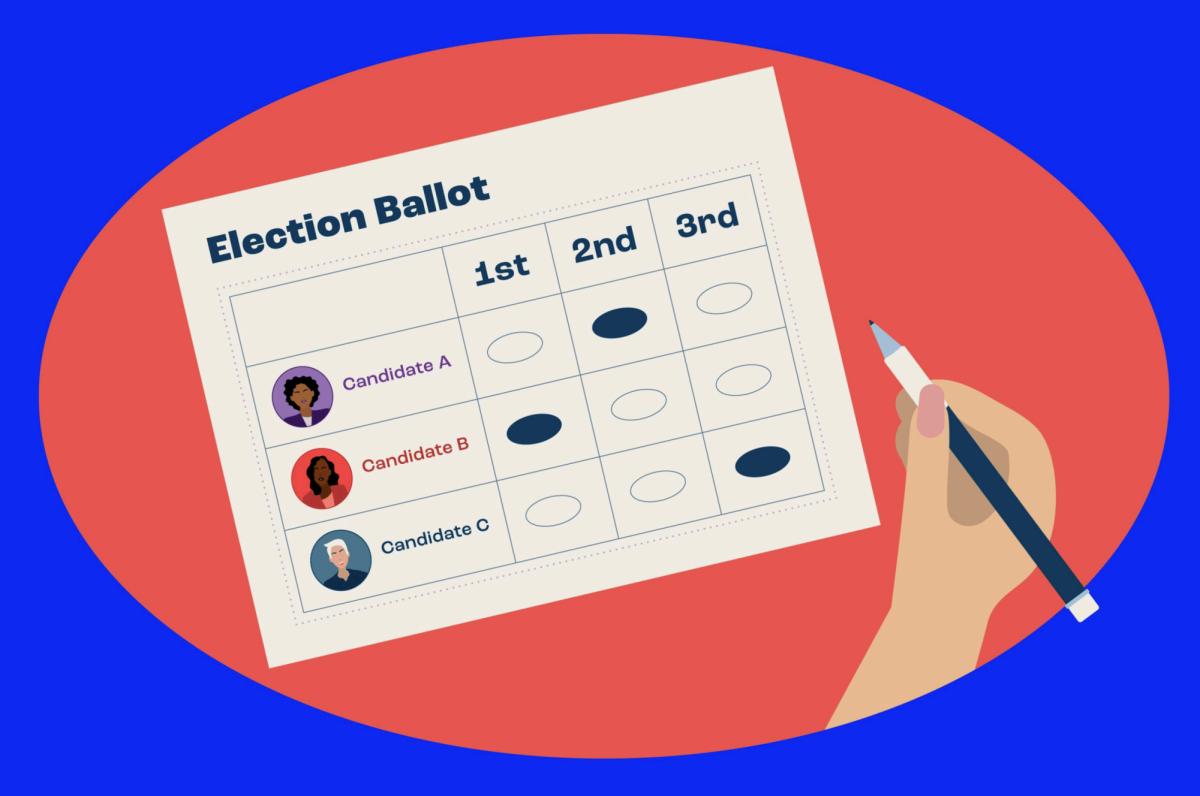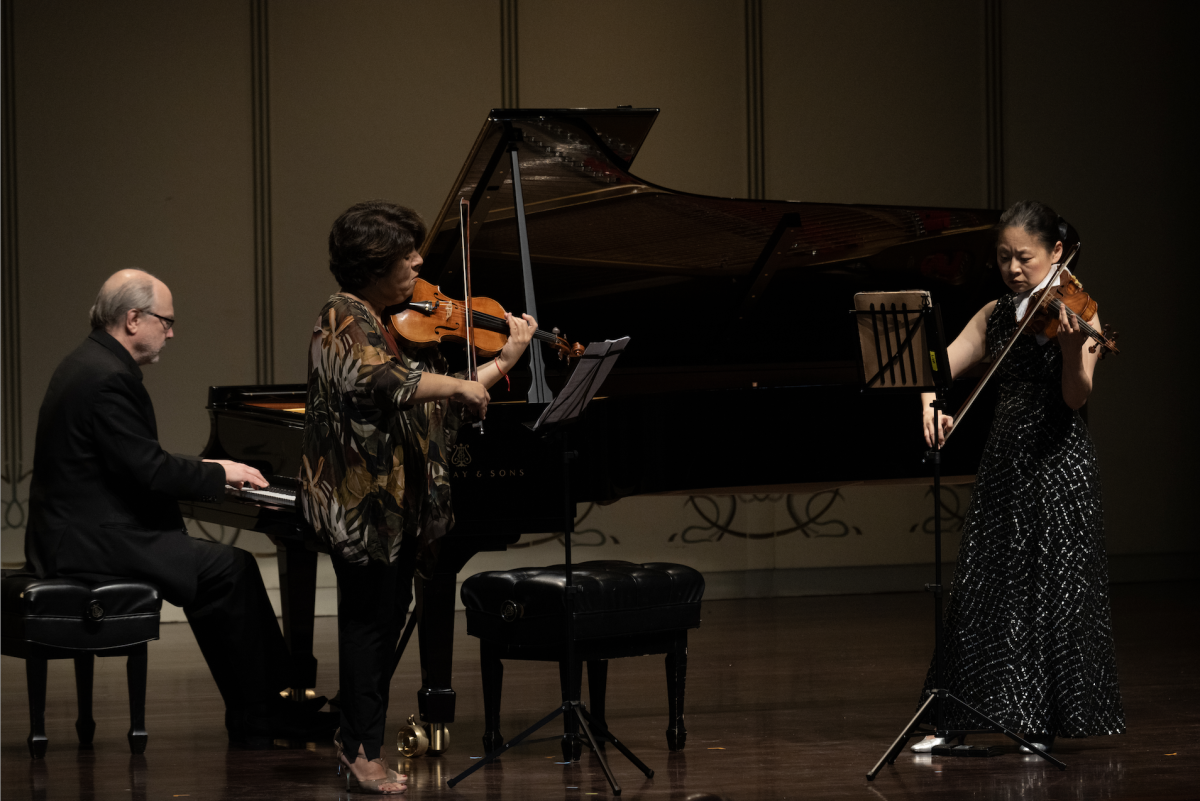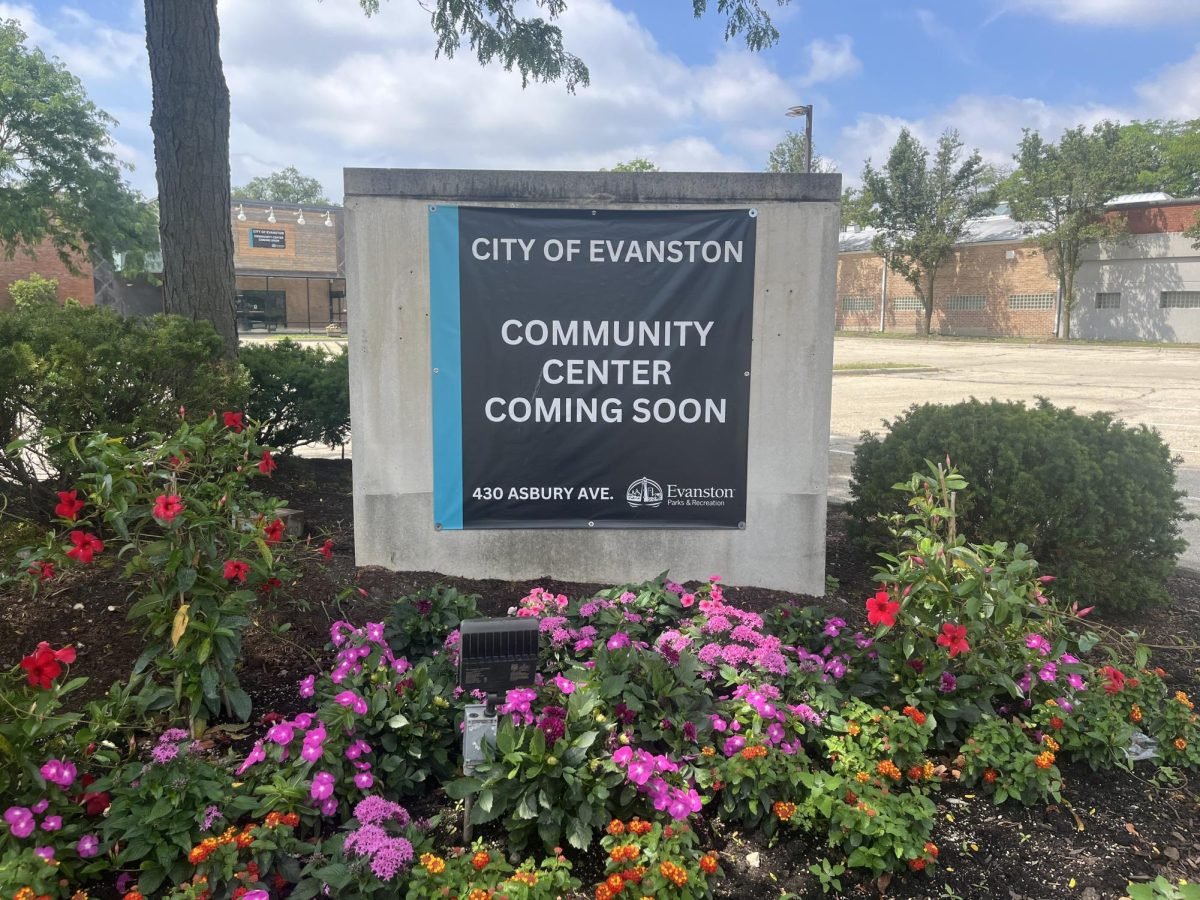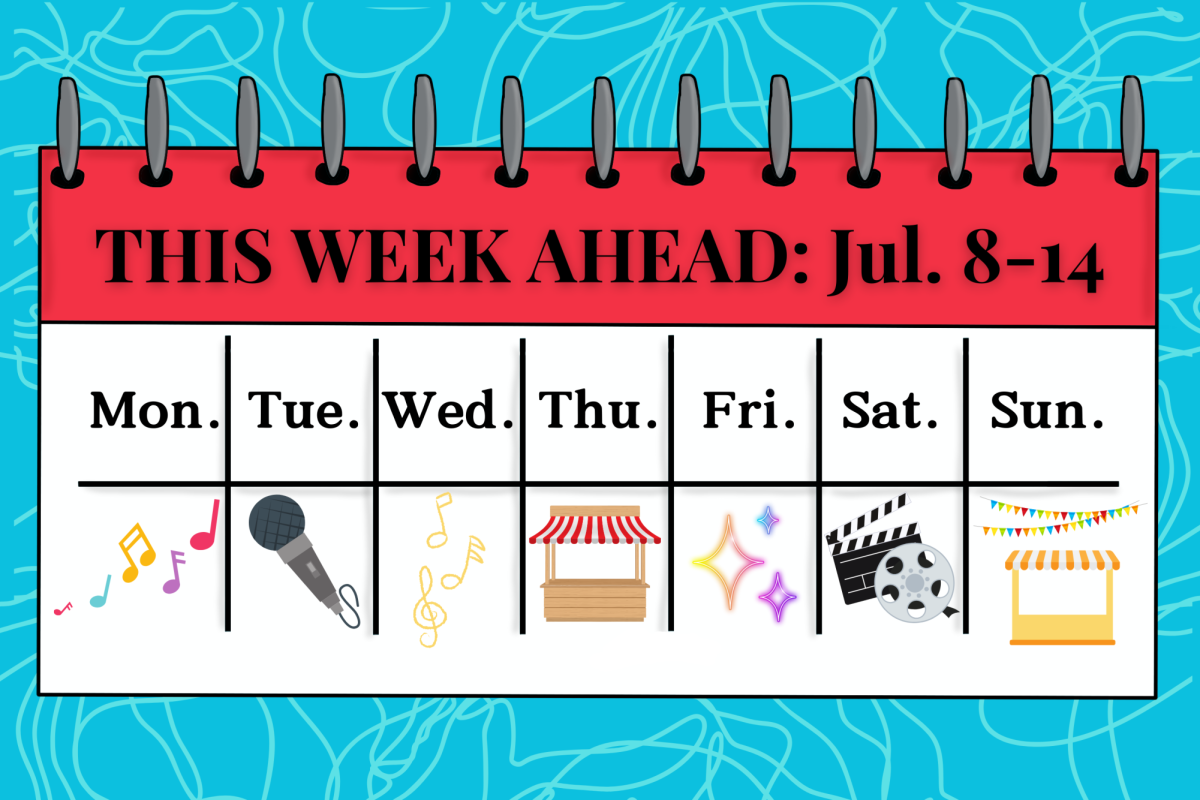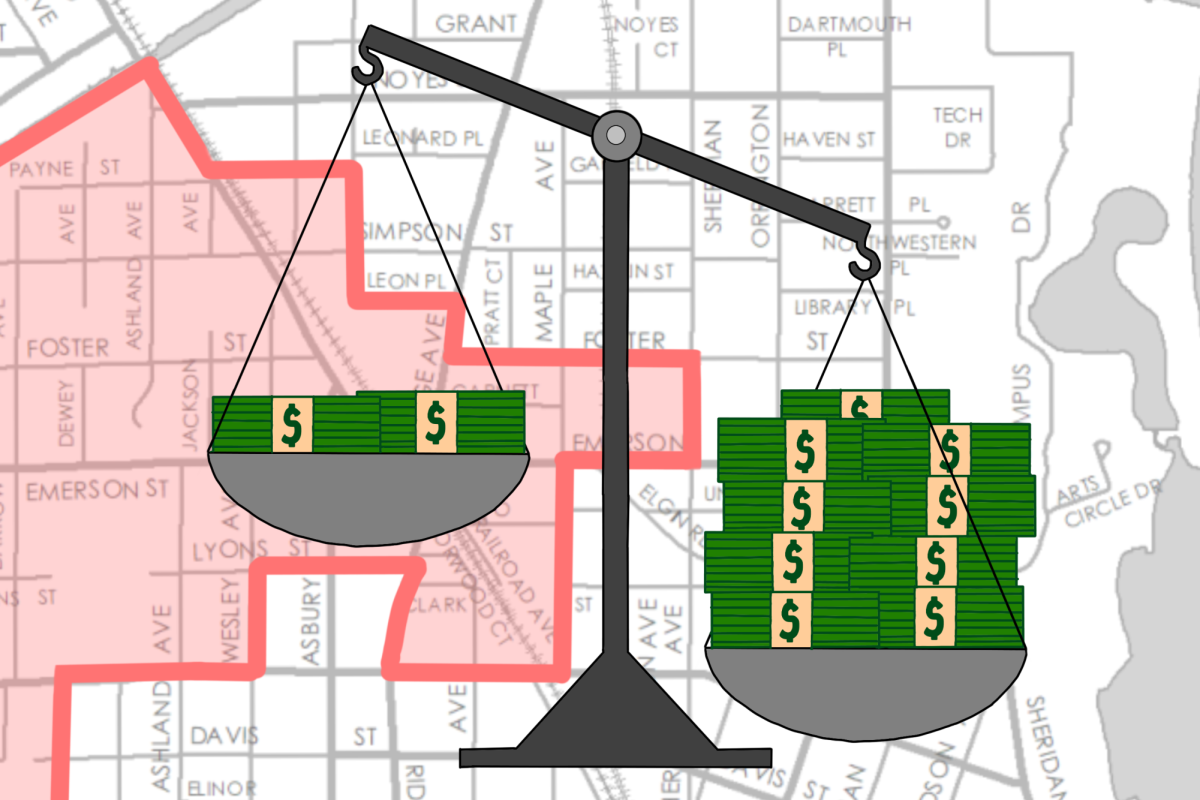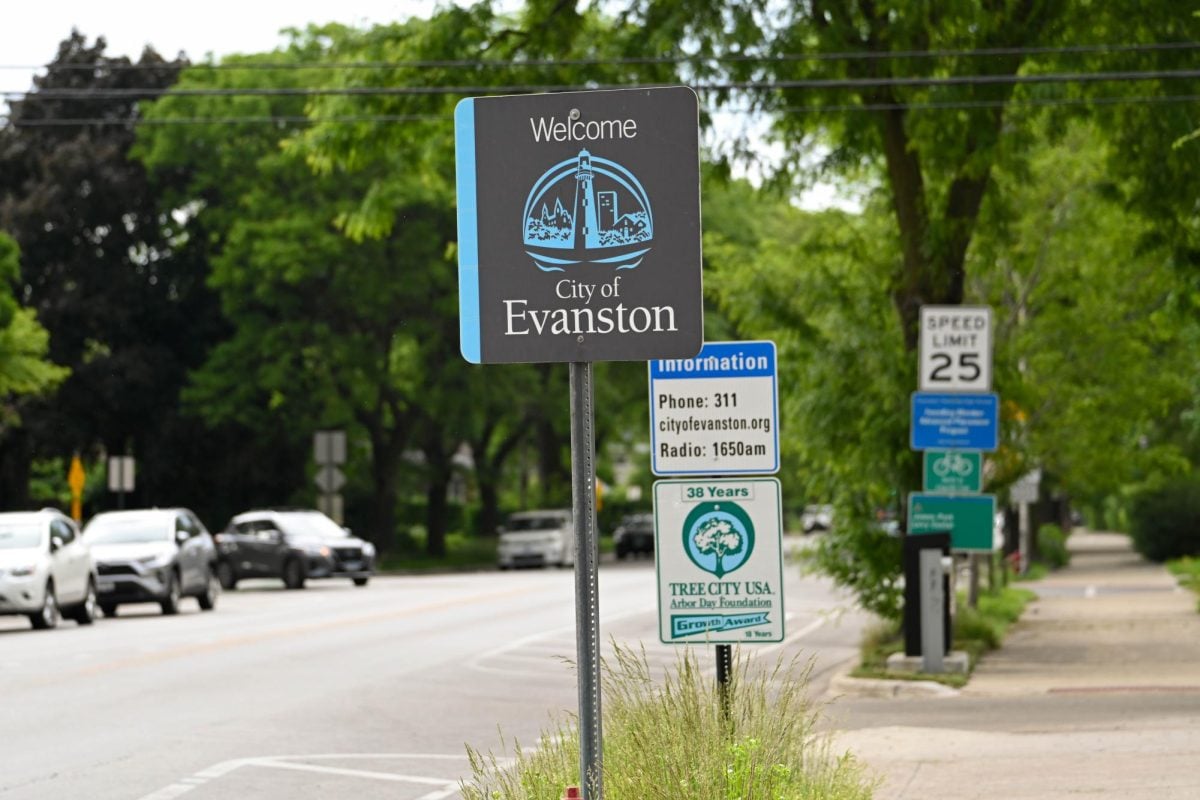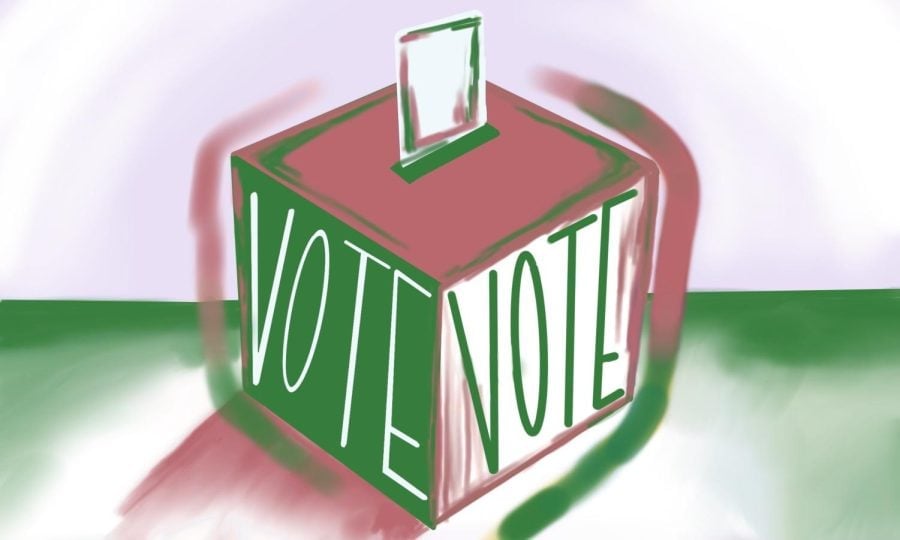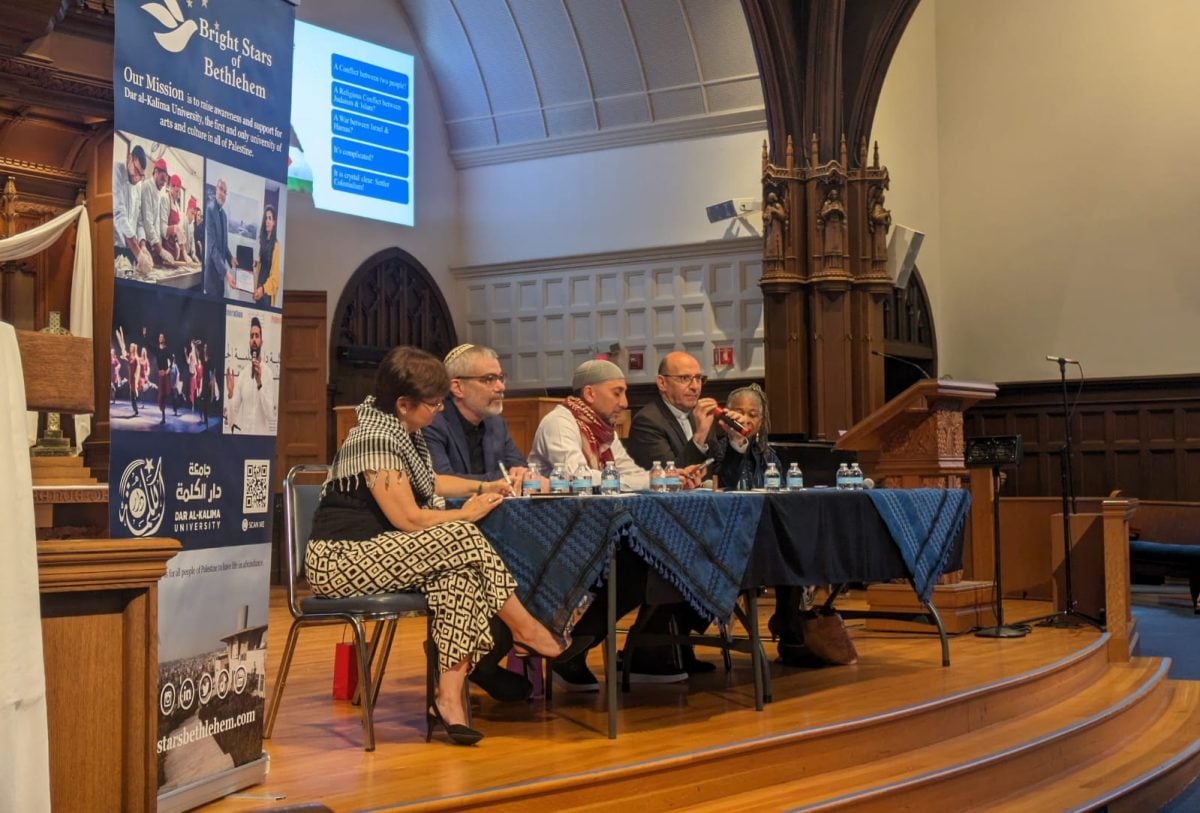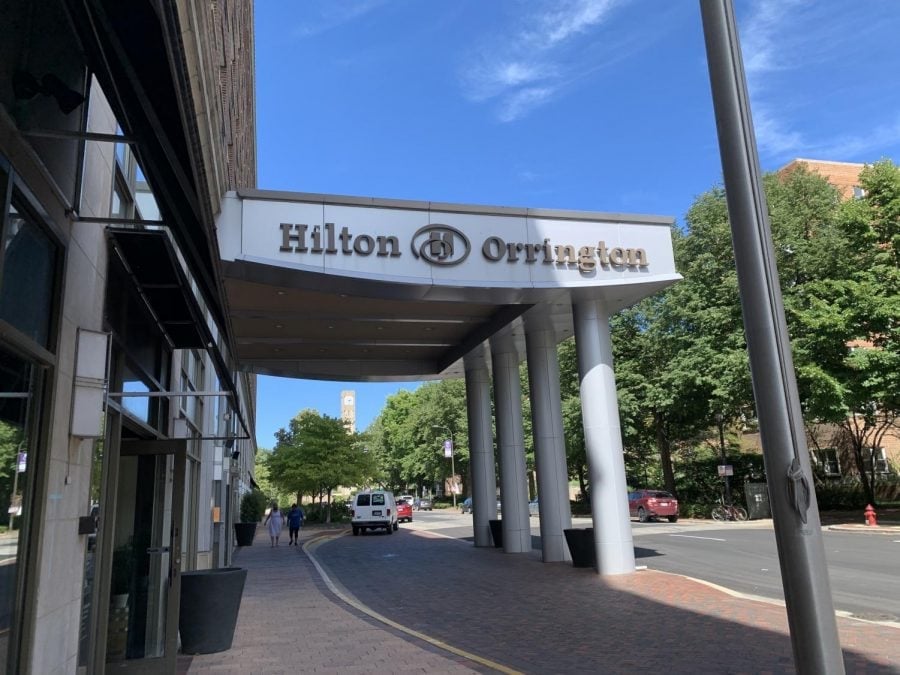In November 2022, Evanston residents voted overwhelmingly for a referendum adopting a ranked-choice voting method for municipal elections starting in 2025, making Evanston the first city in the state to do so.
Now, the movement has gained traction as organizers across Illinois advocate for ranked-choice voting in statewide elections, and a new Illinois legislative task force is assessing the idea.
With ranked-choice voting, voters rank the candidates on the ballot, and if one candidate wins over 50% of first-choice votes, they win the election.
However, if no candidate receives a majority of votes, the candidate with the least number of votes is eliminated, and their voters’ second choice receives their votes. This process repeats until one candidate reaches the majority threshold.
Rebecca Williams, a statewide organizer for FairVote Illinois, said her advocacy group is focused on advocating for ranked-choice voting implementation at the local level.
“A big focus of our work is working at the municipal level to get cities to adopt ranked-choice voting,” Williams said. “We’re hoping that if we can do enough of those, and the General Assembly is able to see that people like it, that will eventually prompt statewide adoption.”
Moving forward, Williams said FairVote Illinois is looking to push for ranked-choice voting in cities like Naperville and Oak Park, Illinois.
A law passed by the state legislature in 2023 established the Ranked-Choice and Voting Systems Task Force to examine the reform, starting with the 2028 presidential primary election. The 20-member bipartisan task force is made up of members of both houses of the state legislature, public individuals and election experts. It plans to publish a report of its findings by March 2024.
Chicago Ald. Matt Martin (47th), who was appointed to the taskforce, said the group hasn’t begun meeting, but anticipates more activity surrounding the task force in the spring.
Martin — who introduced a ranked-choice voting bill to the Chicago City Council last year — said ranked-choice voting would benefit the city in municipal races and “get people more engaged in the election process.”
In terms of the implementation of ranked-choice voting in Evanston, questions remain ahead of 2025.
At a City Council meeting last December, Alexandra Ruggie, Evanston’s interim corporation council, said the Cook County Clerk’s Office has raised some questions about the change, particularly on integrating the reform into the voting machines.
Sally Daly, Cook County’s deputy clerk of communications, said the county is anticipating the state task force’s report to inform its approach to implementing ranked-choice voting in a statement to The Daily.
Other cities across the state are also awaiting the task force’s findings before making any final decisions. In December, Oak Park decided not to go ahead with a ranked-choice voting ballot referendum in the spring primary after some board members noted procedural challenges to implementation.
While the ranked-choice voting method may be new to some voters, some elected officials say they’ve found their constituents are generally open to the idea.
State Rep. Kam Buckner (D-Chicago), who introduced a bill in the Illinois State House last year to give municipalities the ability to adopt ranked-choice voting, said many people seem to be receptive to this new approach.
“When you sit down and explain to people what it means and what it could mean for democracy and how it works, they warm up to that idea extremely quickly,” Buckner said. “What we’re facing right now is the ability to inform people.”
Williams echoed Buckner in saying that FairVote Illinois aims to educate voters about ranked-choice voting and movement-building at the local level.
Buckner says he hopes Illinois will join the trend of states across the country pushing for RCV implementation. Maine and Alaska use RCV in their federal and state elections, and cities such as New York City and San Francisco use the method as well.
“There’s a burgeoning movement afoot,” Buckner said. “People around the country are paying attention, and I don’t want Illinois to be late to the party.”
Email: [email protected]
Twitter: @katewalter03
Related Stories:
—Evanston becomes first city in Illinois to adopt ranked-choice voting
— The Daily Explains: Ranked-choice voting is up for debate this November. Here’s how it could impact Evanston
— Small donor match fund aims to level election playing field











